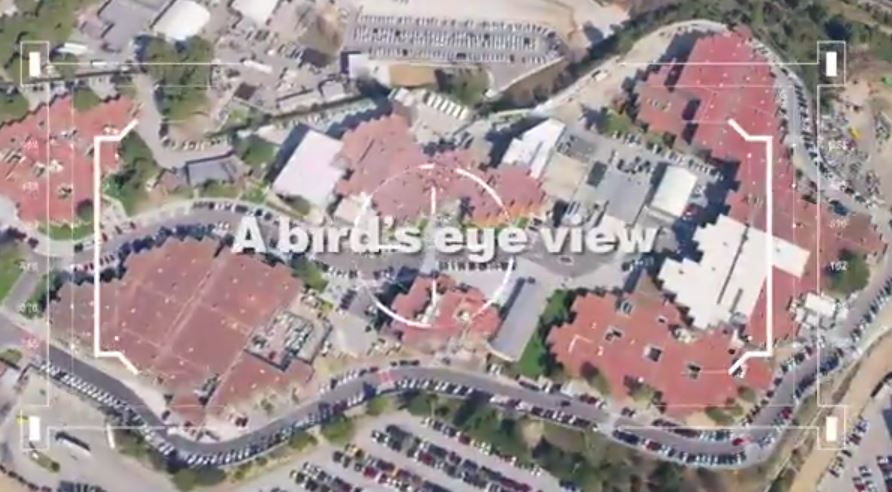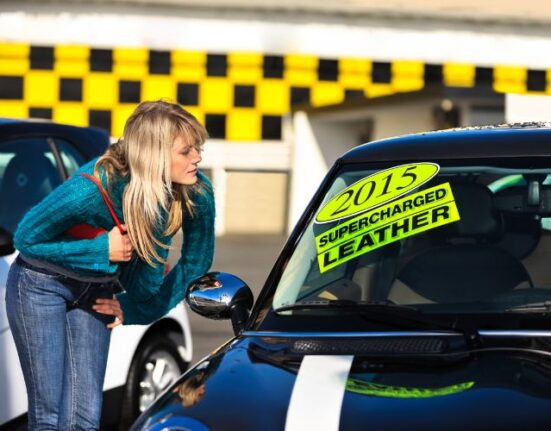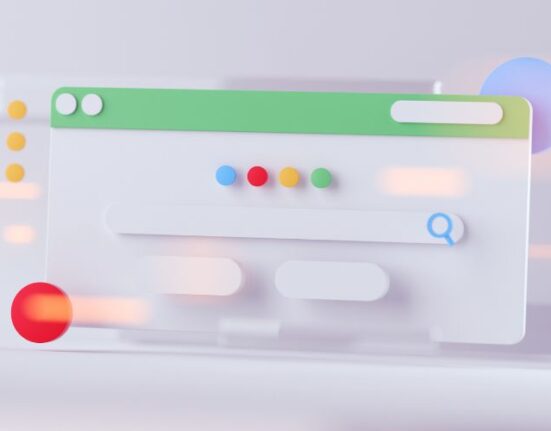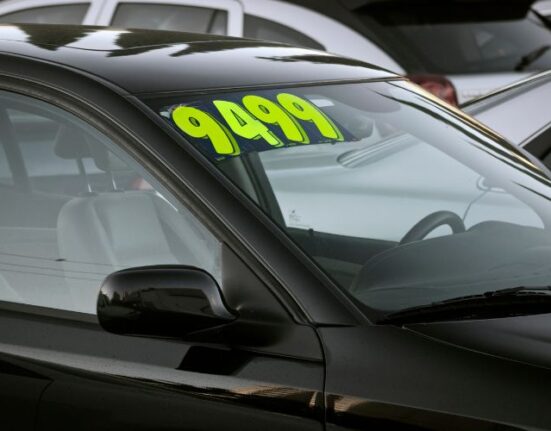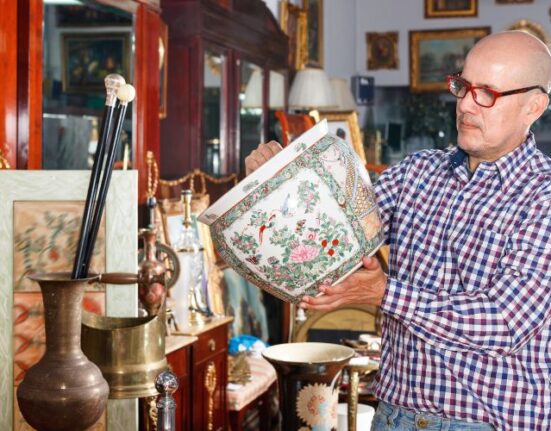They say that things can be seen in greater perspective from the heights. On firm ground, we know that SEAT is the only company that designs, develops, manufactures and markets cars in Spain, but what can you see from the sky? From 600 metres in the air, we fly over SEAT to discover a city from a bird’s eye view.
The centrepiece. Located 30 kilometres from Barcelona, the SEAT factory in Martorell is the epicentre of the company’s industrial activity. It covers more than 2,800,000 m2, an area larger than the Principality of Monaco and equivalent to 400 football fields, of which 260,000 are green areas. Nearly 13,000 professionals work in its various facilities, in different shifts, so the site could be considered a real city, with its inhabitants, transport systems and even its own health centre.
Industry 4.0. A pioneer in this ambit, the brand has implemented innovative projects in its facilities such as the ‘Drone Protocol’, the pilot use of a fleet of drones for the delivery of parts, and is the first Spanish factory to adopt this system. According to the Vice-president for Production and Logistics Dr. Christian Vollmer, this is “the first step in transforming the supply chain in the automotive industry”. He adds that the initiative will “will revolutionise logistics, as for example in the case of SEAT, it will reduce delivery times by 80%.” The brand is also committed to using AGVs to automate transport in and out of workshops.
SEAT al sol. One feature is especially prominent from the air in this great city. It is the 53,000 solar panels installed on the roofs of the factory workshops and vehicle holding areas. It is the largest photovoltaic power plant in the automotive industry in Europe, and one of the largest worldwide, as part of the ‘SEAT al sol’ project to contribute to energy savings and sustainability. In total, this initiative generates 17.3 million kWh annually.
The driving force of the future. Apart from its manufacturing activity, SEAT contributes to innovation with its technology hub, the Technical Centre and its Design Centre, making the company the leading industrial investor in R&D in Spain. In its 200,000 m2, equivalent to 28 football fields, is where more than 1,137 highly qualified employees from all over the world come up with the ideas that will become the brand’s designs and products in the future. Among the technical innovations used are simulation and virtual reality, which have helped to shorten the development times of the most modern, reliable cars.
A city with its own railway line. In addition to land and sea routes, railways are an essential distribution tool for SEAT to handle the large volume of cars exported from Martorell, which amounted to 397,835 in 2019. The brand has the Autometro, two 40-kilometre train lines that link the Martorell plant to the port infrastructure on an exclusive basis. This railway line transports the vehicles directly to the port of Barcelona, enhancing the efficiency and speed of international deliveries. In addition, these lines help reduce truck journeys by some 25,000 per year and prevent the emission of 1,000 tonnes of CO2 per year.
The home of the CUPRA tribe. Right next to SEAT’s corporate headquarters is a 2,400 m2 eco-efficient building resembling a racing paddock. This is the CUPRA Garage, the brand’s new headquarters, which has enabled the workforce to increase to 200. CUPRA was consolidated in 2019 with a 71.8% growth and close to 24,700 cars sold.
Health comes first. The health and well-being of SEAT employees is a priority. For this reason, the pioneering Healthcare and Rehabilitation Centre (CARS) at the Martorell factory carries out preventive, healthcare and rehabilitation medicine that offers personalised services to workers, with a Healthy Company Scientific Committee that carries out research into health, well-being and work and promotes healthy habits among employees. In total, 82,825 health activities were carried out at CARS in 2019. The 1,300 m2 facilities have a biomechanical laboratory to examine the musculoskeletal characteristics of the workforce and are equipped with specialised medical equipment. SEAT Vice-president for Human Resources Xavier Ros says that CARS gives employees “the ease of high-quality, in-company treatment with no waiting.” For this reason, “this pioneering centre has become a true benchmark for corporate medical services and its popularity among employees shows that they welcome SEAT’s strong commitment to health”, says Xavier. In this sense, CARS has earned SEAT accreditation as a healthy company. In fact, SEAT and Volkswagen Financial Services have reached an agreement to launch CARS Madrid, an advanced medical facility with specialised health services for the Volkswagen Group’s nearly 1,350 employees in Madrid.
Moreover, SEAT’s commitment to health was again demonstrated in early 2020. The company adapted the subchassis line of the new SEAT Leon to manufacture automated emergency ventilators to combat the COVID-19 health crisis, and it was the first company in Spain to carry out PCR tests on its 15,000 employees.












